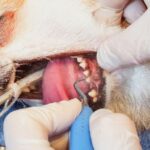When it comes to the diet of our furry friends, the question of what is safe and what is not can often lead to a maze of confusing information.
A common query among dog owners is about the safety of ginger snaps for their canine companions.
Today, I will provide a comprehensive insight into this topic, addressing the various aspects dog owners should consider.
Nutritional Profile

Ginger Snaps Composition
The primary ingredient in ginger snaps is ginger, known for its medicinal properties, including aiding digestion and reducing nausea.
However, ginger snaps also contain other ingredients like sugar, flour, and various spices, which may not be ideal for dogs.
Sugar Content and Its Effects
A significant concern is the sugar content in ginger snaps. Dogs do not require sugar in their diet, and excessive sugar can lead to obesity, dental problems, and diabetes.
Possible Allergens in the Mix
Flour and certain spices in ginger snaps could potentially be allergens for some dogs. It’s essential to be aware of your dog’s sensitivities before introducing any new food item.
Evaluating the Health Benefits
- Positive Effects – Ginger can offer some health benefits, like aiding digestion and reducing inflammation. For dogs who suffer from car sickness, a small amount of ginger might help.
- The Limitations of Processed Foods – However, the benefits of ginger are likely to be outweighed by the negative impacts of the other ingredients in ginger snaps, especially for dogs.
Potential Risks of Ginger Snaps for Dogs

Digestive Distress
The high sugar and fat content in ginger snaps can cause gastrointestinal upset in dogs. Symptoms can include vomiting, diarrhea, and abdominal discomfort.
Long-term Health Concerns
Frequent consumption of sugary and fatty foods can lead to more serious health issues like pancreatitis, a severe condition that requires immediate veterinary attention.
The Toxicity of Certain Spices
- Spices That Are Harmful to Dogs – Ginger snaps often contain spices like nutmeg, which is toxic to dogs. Nutmeg can cause seizures, tremors, and nervous system issues in canines.
- The Importance of Knowing Ingredients – It’s crucial to know all the ingredients in ginger snaps and understand their potential impact on your dog’s health.
Safe Alternatives to Ginger Snaps
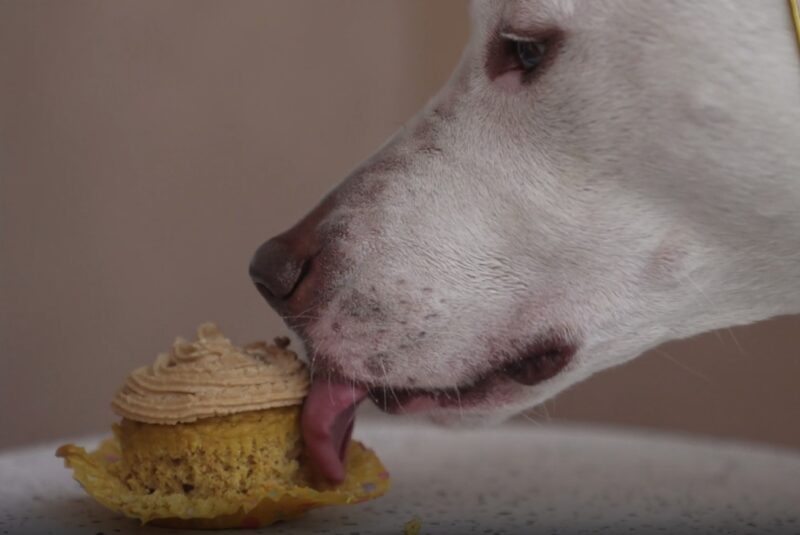
Ginger-Based Dog Treat Recipes
Making homemade dog treats allows you to control the ingredients. Ginger can be safely included in these treats in moderation.
Focus on Dog-Safe Ingredients
Using ingredients like whole wheat flour, oats, and applesauce can make the treats more nutritious and dog-friendly.
Commercial Dog Treats
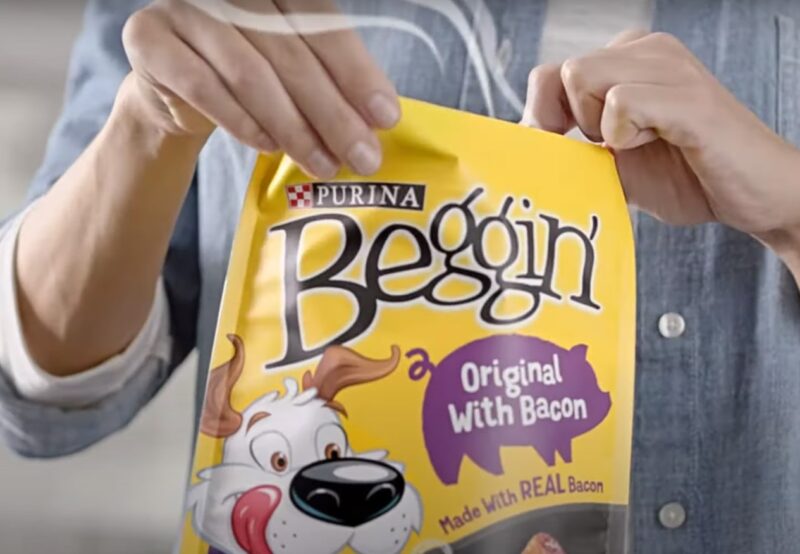
Selecting Dog-Specific Treats
There are commercial dog treats available that are formulated specifically for canine health and dietary needs.
Benefits of Veterinary-Approved Snacks
Veterinarian-approved treats ensure that your dog is getting a healthy, balanced snack that won’t harm them.
The Importance of Moderation
- The Role of Treats in a Dog’s Diet – Treats should only make up a small percentage of a dog’s daily calorie intake. Even healthy treats should be given in moderation.
- Watching for Adverse Reactions – Always monitor your dog after introducing any new food item. Look for signs of allergies or digestive upset.
Consulting with a Veterinarian
- Seeking Professional Advice – Before introducing any new food, including ginger snaps, to your dog’s diet, it’s advisable to consult with a veterinarian.
- Tailoring Diet to Individual Needs – Each dog is unique, and a vet can provide guidance based on your dog’s specific health, age, and dietary needs.
Emphasizing the Need for Caution
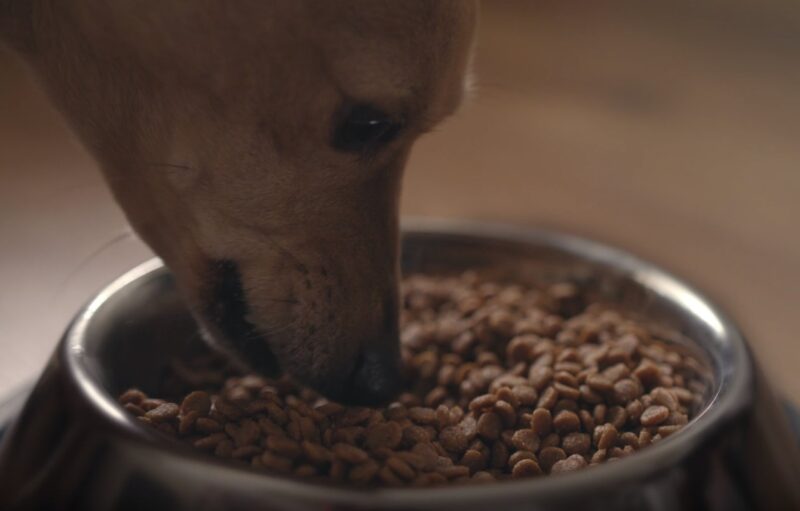
Assessing Treats for Canine Consumption
When considering treats for your dog, it’s important to evaluate not just the primary ingredient but the entire list of ingredients.
For instance, while ginger is safe for dogs in small amounts, the added sugars and fats in ginger snaps are not beneficial for them.
Importance of Ingredient Awareness
Knowing the ingredients in your dog’s food and treats is crucial for their overall health and well-being.
This awareness helps in preventing accidental ingestion of harmful substances and ensuring that their diet supports their health.
Canine Nutritional Needs
- Differences Between Human and Canine Diets – Dogs have different nutritional requirements from humans. Their diet needs to be high in proteins and fats, with carbohydrates in moderation.
- The Role of a Balanced Diet – A balanced diet for a dog includes good quality dog food formulated to meet their specific age, breed, and health requirement needs.
The Role of Moderation and Variety

Treats can be an effective tool for training and strengthening the bond between you and your dog. However, they should be used sparingly and not replace a balanced diet.
Variety Within Safe Limits
While variety in a dog’s diet can be beneficial, it should be within the confines of what is safe and healthy for them. Always introduce new foods gradually and in small quantities.
Balancing Treats and Regular Diet
Treats should not constitute more than 10% of a dog’s daily caloric intake. This helps prevent obesity and related health issues.
Maintaining Dietary Consistency
While some variety is good, maintaining consistency in your dog’s diet is important for their digestive health. Sudden changes can lead to digestive upset.
Involving Your Veterinarian
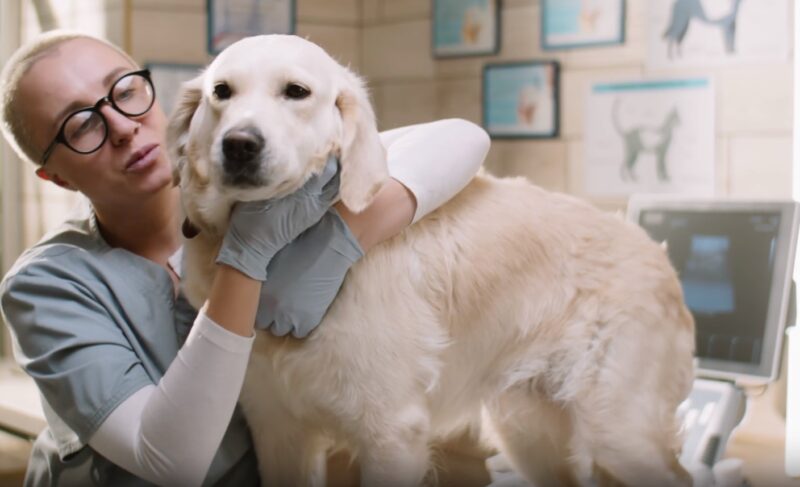
- Regular Check-ups and Dietary Discussions – Regular veterinary check-ups are crucial for maintaining your dog’s health. These check-ups should include discussions about your dog’s diet.
- Customized Dietary Plans – Based on your dog’s specific health needs, age, and lifestyle, a veterinarian can help you create a customized dietary plan that ensures they are receiving all the necessary nutrients.
The Impact of Diet on Health
Preventing Diet-Related Health Issues
An appropriate diet can prevent many health issues in dogs, including obesity, diabetes, and heart disease.
Importance of Early Intervention
If a dog shows any adverse reaction to a particular food, early intervention and consultation with a veterinarian are crucial.
Key Takeaways for Dog Owners
- Prioritizing Health Over Taste – While it might be tempting to share human snacks with your furry friend, prioritizing their health over the immediate gratification of sharing a treat is important.
- Seeking Healthier Alternatives – There are numerous healthy alternatives to ginger snaps that can be offered to dogs. These include specially formulated dog treats, fruits like apples and bananas (without seeds or cores), and vegetables like carrots and green beans.
FAQs
Can ginger in ginger snaps help with my dog’s motion sickness?
Yes, it can help with motion sickness in dogs. However, it’s better to use plain ginger instead of snaps, which contain sugar and other ingredients that aren’t good for dogs.
Are there any dog breeds that should avoid ginger entirely?
Generally, this plant is safe for most dog breeds in small amounts. However, if your dog has a history of digestive issues or allergies, consult your vet before introducing ginger.
Can I give my puppy ginger snaps as a treat?
It’s not recommended. Puppies have sensitive digestive systems, and the sugar and spices in ginger snaps can be harmful to them.
Is there a limit to how much ginger I can give my dog?
Yes, it should only be given in small amounts. As a general guideline, a small slice or a pinch of powder is sufficient for most dogs, but always consult with your vet first.
What should I do if my dog accidentally eats a large quantity of ginger snaps?
If your dog consumes a large number of ginger snaps, monitor them for signs of digestive upset or allergic reactions. If you notice any unusual symptoms, contact your veterinarian immediately.
Are ginger-flavored dog treats a safer option than ginger snaps?
Yes, these treats are typically a safer option as they are formulated specifically for dogs and don’t contain the harmful ingredients found in ginger snaps.
Concluding Thoughts
While dogs can technically consume ginger snaps in very small amounts without immediate harm, it is not advisable to include them in your dog’s diet. The risks far outweigh the benefits.
Opting for healthier, dog-specific treats or preparing homemade snacks with safe ingredients is the best way to show love and care for your pet. Dog owners must always be vigilant about what they feed their pets, keeping their health and nutritional needs in mind.
When in doubt, consulting with a veterinarian is the best course of action to ensure the dietary choices you make are beneficial for your dog’s long-term health and happiness.
If you are a dog owner, make sure to check out our article regarding lilies and canines, as it can be very important for you and your four-legged friends.





